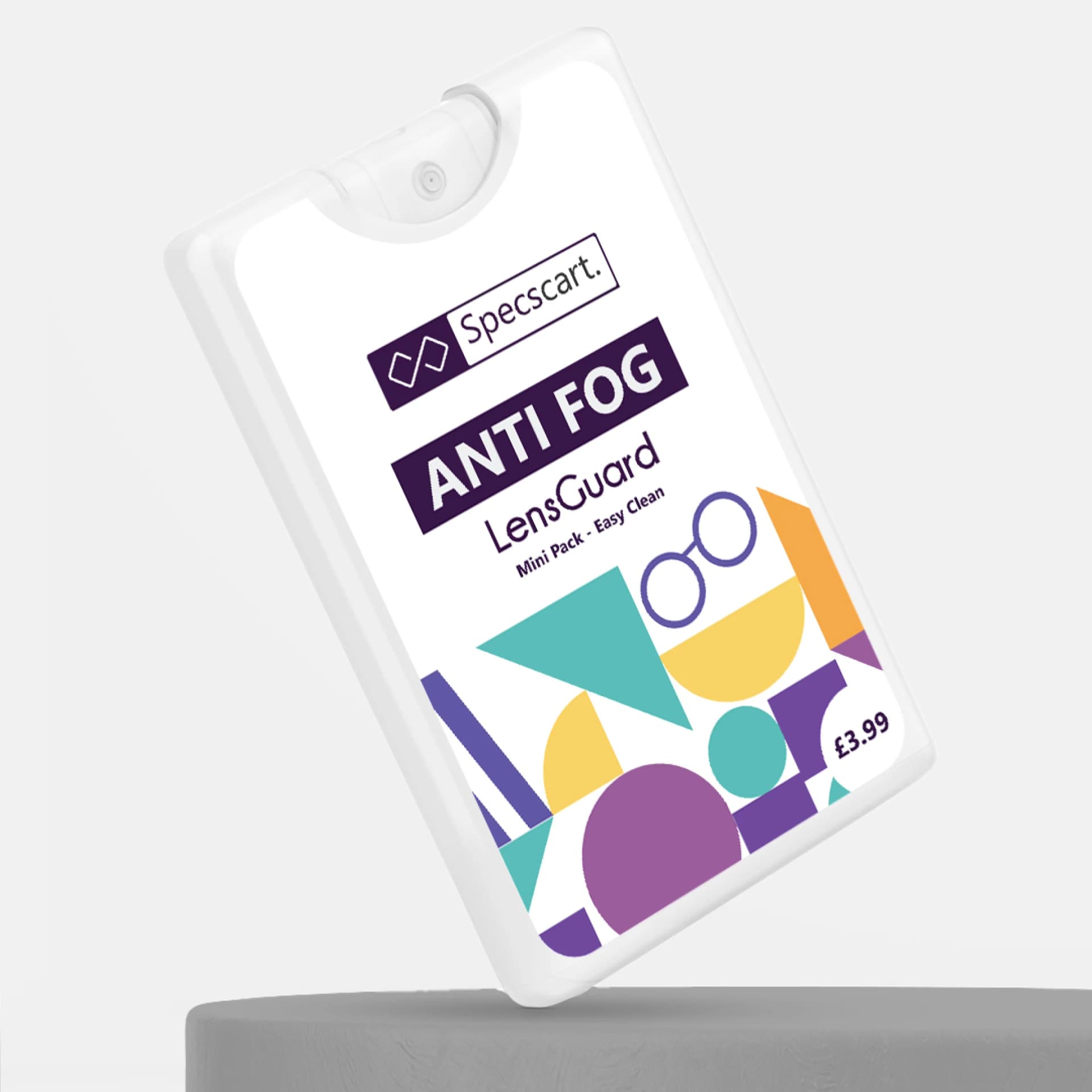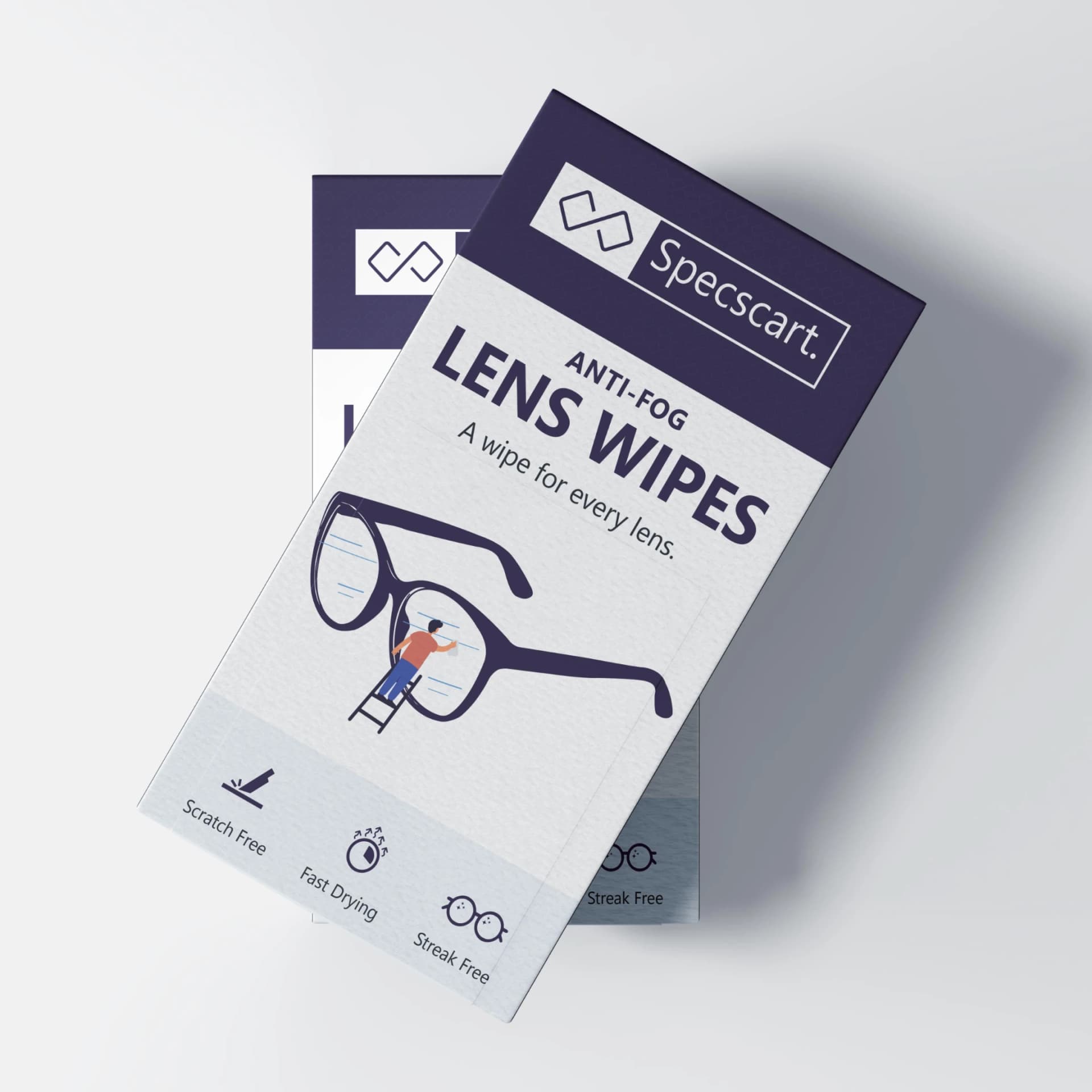Getting to Know Conjunctivitis - The Pink Eye Disease in Detail

Content Manager
Conjunctivitis a.k.a the pink eye disease is identified as an inflammation in the conjunctiva. Wondering what that is? It is the outer clear membrane of thin tissue that covers the white region of your eyes and lines the eyelids from the inside. In case you are guessing that it is called pink eye because one of its major symptoms is a reddish pink eye, you are right!
While the disease isn’t deadly at all, it may cause vision loss in rare cases. That’s why you need to be aware of its existence in your eyes when it happens and get it treated as soon as possible. To your aid, we bring this short guide on conjunctivitis answering all kinds of questions that may pop in your head. From the causes of pink eye to is conjunctivitis contagious? We will answer all.
Think you know about conjunctivitis? There’s more to know!
What are the primary conjunctivitis types?
As a general categorisation, we can divide conjunctivitis into these 5 principle types.
Bacterial Conjunctivitis:
Contaminated sources can bring forth bacterial conjunctivitis, a very common kind. These conjunctivitis types spread way quickly either through a person who’s been infected already or through sinus and ear infections, apart from getting in contact with contaminated things.
The most common type of bacteria that causes pink eyes are Staphylococcus aureus, Streptococcus pneumoniae, and Haemophilus influenzae. The effect from these may lead to severe pain, crusts forming on the eyelids that bind them shut, and discharge from the eyes after you sleep. This conjunctivitis yellow discharge may feel like thick tears. Do note that you may feel severe pain, swelling, and redness as well.
An effective treatment as with most bacterial issues is the appropriate dosage of antibiotics that fight the conjunctivitis bacteria in your eyes.
Viral Conjunctivitis:
If you observe an inflamed red eye with a lot of watery ‘colourless’ discharge, then viral conjunctivitis may be the issue. It makes your eyes go puffy with swelling and may increase your sensitivity towards bright light, thus causing pain.
A form of pink eye that’s highly contagious, Viral conjunctivitis spreads through sneezing and coughing. Since airborne viruses are the major culprit here, it is best to isolate yourself when you have conjunctivitis of this type so as to prevent the spread. These viruses can be adenovirus, picornavirus, poxvirus, human immunodeficiency virus (HIV), and herpes simplex virus.
Unfortunately, antibiotics aren’t capable of fighting such conjunctivitis viruses. That’s the difference when we see the differences in conjunctivitis bacterial vs viral. But the good part is that viral conjunctivitis can go away by itself in a couple of weeks if proper care is taken.
Allergic conjunctivitis:
An itchy nose with itchy eyes is certainly not an awesome combo as they increase your probability of being a conjunctivitis allergic. These allergies may be due to seasonal pollen, dust, smoke etc. To alleviate the irritation, you can use special kinds of eye drops that work against allergens.
Cold compresses on the eyes and decongestant drops work best to relieve your symptoms of allergic conjunctivitis.
Giant papillary conjunctivitis:
If you wear contact lenses or artificial eyes that can be made of glass, it’s possible your eye might not be comfortable with a foreign unnatural body inside it. That’s why it may react and lead to giant papillary conjunctivitis. This may cause severe itching, swelling, and intolerance for the foreign body in the eye. So, the recommended treatment is to stop using your contacts and help the eye.
Chemical pink eye:
Just like allergic and giant papillary conjunctivitis of eye, the pink eye caused by chemicals is another non-infectious type of conjunctivitis. When we say chemicals we mean any irritants like smoke, industrial pollutants, household cleaners, perfumes, and sometimes even herbs like turmeric which can make your eyes irritated and lead to pink eyes.
While most irritants can be removed by washing your eyes thoroughly with water, if the irritation persists it may be because of a harmful chemical. So, make sure you get in touch with a doctor immediately and get rid of it from your eyes.
What do you mean by follicular conjunctivitis?
Usually caused by viruses, bacteria, and chlamydia, follicular conjunctivitis is a form of pink eye that can take as much as 16 days to heal. Yes, it takes that big amount of time for the conjunctivitis follicles in your eyes to treat by itself. Symptoms you might observe are photophobia i.e., an increased sensitivity to light and conjunctivitis blurred vision. You may also see some watery discharge from your eyes.
What is the difference between allergic and infectious conjunctivitis?
Bacterial and viral conjunctivitis are the infectious conjunctivitis that you need to be careful about around other people if you have them. The other kinds of pink eyes, for example, those caused by irritants like smoke, dust, and chemicals are called allergic or non-infectious. So, if you had this question of ‘are all conjunctivitis contagious?’. There you go. You have your answer. Only infectious pink eyes are contagious.
What are the most common conjunctivitis causes?
Now that you know the types of conjunctivitis, you might have gotten aware of most of the conjunctivitis causes. In a nutshell, pink eyes can be a result of bacteria, virus, dust, smoke, fungi, amoeba, shampoo, and contact lenses among various other things.
Don’t forget, since pink eyes are contagious the biggest possible cause is the infected person who is around you. Yes, this indeed is one of the common conjunctivitis bacterial causes, thanks to the big population of the world who don’t care about their eyes properly.
Many-a-times, conjunctivitis can be a cause of a sexually transmitted disease as well. For example, Gonorrhoea or Chlamydia can lead to rare cases of conjunctivitis, which can also be transferred to a baby if you happen to have conjunctivitis when pregnant. Also, if you have been wondering ‘are conjunctivitis genetic?’. We hope you have gotten your answer!
It is crucial to note that these rare kinds of pink eyes are capable of causing vision loss, so you must check in with a doctor if you feel any conjunctivitis symptoms. What symptoms exactly? Keep reading to know.
What are conjunctivitis symptoms that we all must be aware of?
Apart from irritation, redness and swelling, here are the conjunctivitis signs and symptoms you must be on a lookout for.
- Loads of unintentional tears.
- Discharge - watery or coloured in yellow or green.
- Crusts forming on the eyelids that make them stick.
- Itchiness in the eyes .
- More intolerance towards brighter light.
- Lymph nodes that are swollen.
- Blurry and hazy vision.
- Loss of vision (rare)
- Severe pain (rare)
- High fever (rare)
People also ask ‘can conjunctivitis cause headaches?’. The answer is yes, and bacterial conjunctivitis takes most of the blame here.
Once you know these conjunctivitis early symptoms, make sure to try relieving them with home remedies first. If that doesn’t work, getting an eye test done to diagnose it is your best bet. If you live in Manchester, you can find our opticians in Bury or Walkden. We provide free eye tests!
Don’t worry! Conjunctivitis is pretty easy to diagnose in most cases. Usually, the doctors ask you about your signs and symptoms and may take a sample of liquid from your eyes for a lab test.
If needed, they may ask you about your past health reports and try to find connections if any.
How is the conjunctivitis treatment done?
A typical procedure of conjunctivitis treatment usually starts with relieving your symptoms. For example, artificial tears, cold compresses, warm compresses, eye drops, and removing contact lenses may help based on the type of conjunctivitis you have.
Also, you must replace any eye makeup or contact lens case that you might have used while having the pink eye.
For bacterial pink eyes, antibiotics work wonders as treatment. They can be taken in the form of eye drops, pills, etc. The symptoms should quickly go away and you might get rid of it completely in a week’s time. For viral pink eyes, antiviral medications and time are a great healer. Just like your runny nose or fever is healed in 5 to 7 days, the pink eye will as well.
For others i.e., allergic conjunctivitis, antihistamines, decongestants, anti-inflammatory medications and eye drops work great.
As you can guess, to cure conjunctivitis, trying to prevent it from spreading to the neighbouring eye and the neighbouring person is a crucial step of treatment.
How to stop pink eyes from happening and spreading?
Once you know the drastic way how conjunctivitis spreads, it’s important to ensure it doesn’t. In fact, we need to see to it that it doesn’t take form in the first place. That’s the reason why you need to keep the following points in mind always.
- Wash your hands properly and regularly if you have even the slightest habit of touching your eyes with them.
- Make sure to clean the discharge of your eyes using water often.
- Use a squeaky-clean pillowcase for your pillow every night.
- Never touch your eyes or wipe them without a tissue.
- Make sure that eye drops, contact lenses, eye makeup, towels that you use after face wash, and anything that might touch your eye, should never be shared with other people.
- Use eye drops in excess only if recommended by the doctor.
- Tap your eye with a damp cloth soaked in warm water to do a warm compress at least three to four times a day.
- Protect your eyes from dirt, smoke, and dust. Use a scarf or pair of glasses or better close your eyes properly whenever around a dusty site.
These points of conjunctivitis prevention should especially be taken care of if you wish to prevent conjunctivitis in children as they are quite vulnerable to the disease.
What are some conjunctivitis complications or side effects?
Being a harmless disease in most cases, conjunctivitis has no serious complications. Only in certain rare cases, for example, the pink eye caused by sexually transmitted diseases like Gonorrhea or that by the virus called adenovirus is the disease capable of scarring your cornea.
Another complication may occur if you have conjunctivitis when pregnant, that is, you may just transfer the pink eye to your unborn baby. This is a big reason why you should never forget that conjunctivitis is contagious.
Apart from these two, there are no side effects or complications you should feel threatened by.
Do any home remedies work against pink eyes?
Any conjunctivitis natural remedy is certainly not as great as getting a comprehensive eye test done and taking proper medications as recommended by a doctor.
Yet, the quickest and simplest conjunctivitis home remedy is to wash your eyes with clean water and perform a cold or warm compress. And use over-the-counter lubricating tears (eye drops) that alleviate your pain and irritation.
Want to know how to make a cold or warm compress? Just take a clean cloth and soak it in the water with the temperature of your choice. Wring it to remove extra water and place the damp cloth on your eyes for a minute or two. Repeat the process a few more times until it relieves your pain.
For allergic conjunctivitis treatment at home will differ a bit. While the above methods will certainly help, the first step should be to remove the source of irritation. That means, whatever it is, contact lenses, dust, or chemical, remove it first and then perform the above-mentioned treatment at home.
What to ensure when performing daily activities with a pink eye?
Are conjunctivitis dangerous? No, they aren’t in most cases! That’s why you need not worry much about performing your daily activities with them. But if you require to go to school or at work, you need to take extra precaution. That’s because conjunctivitis infections are usually contagious and may spread to your friends and colleagues or anyone you come in contact with.
For the same reason, you must not go swimming, if other people swim in the same swimming pool as well. That’s because they might catch the same bacteria or virus and may form a pink eye too.
That was a beginner’s guide to conjunctivitis which is also called pink eye. We have tried to give answers to almost any kind of question you may have about this topic. Remember, the best way to prevent pink eyes from happening is to take care of your eyes. Wash them regularly and protect them from dust, smoke, and similar irritants. For this particular purpose, you can choose to wear glasses or sunglasses that can help build a wall against such allergens. Also, make sure to get an eye test done regularly to ensure you keep pink eyes forever at bay.
Caution: You may become style obsessed
Your way finder
2000+ Trendy Styles

Fashion Forward Sunnies




















































